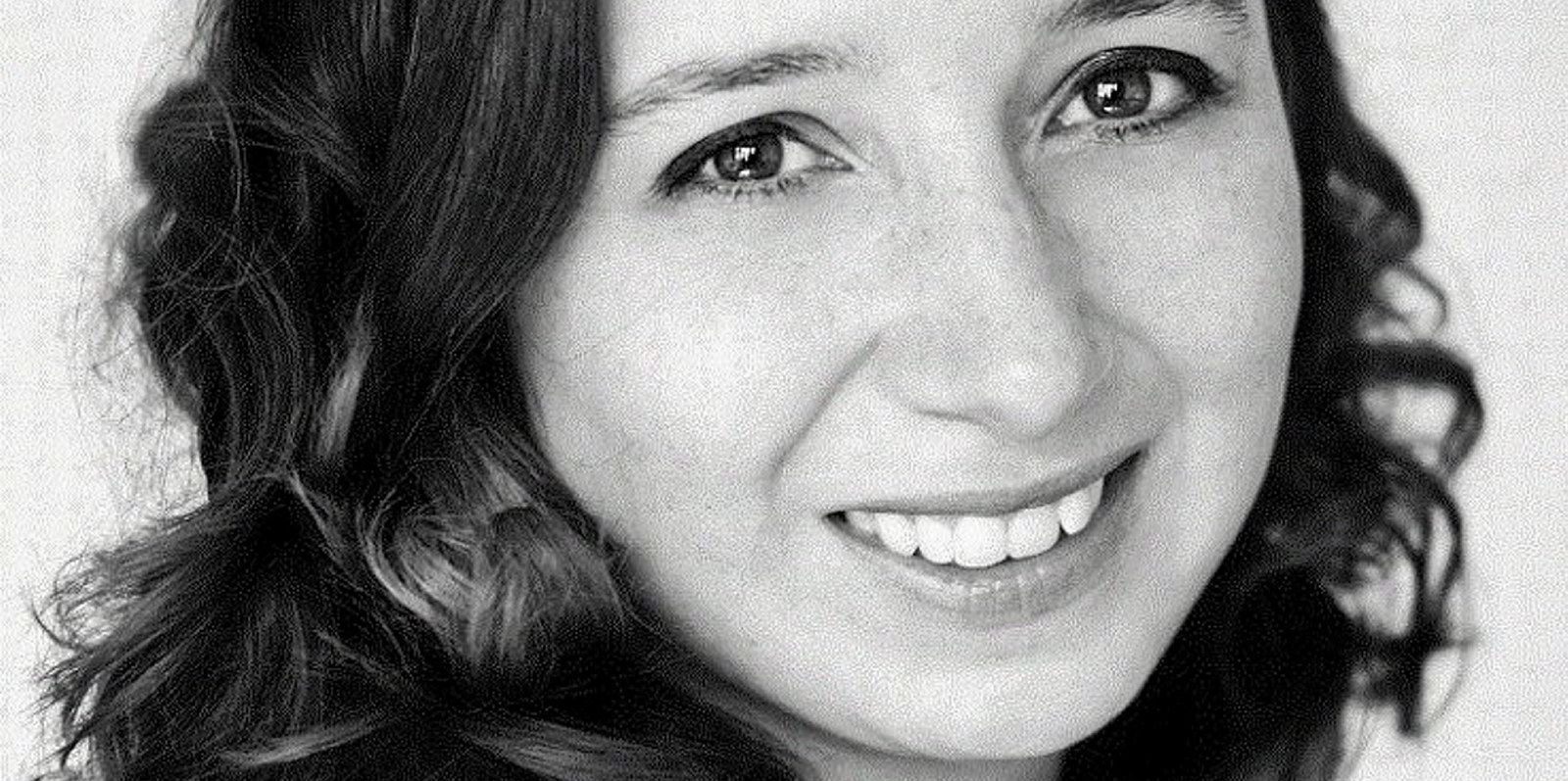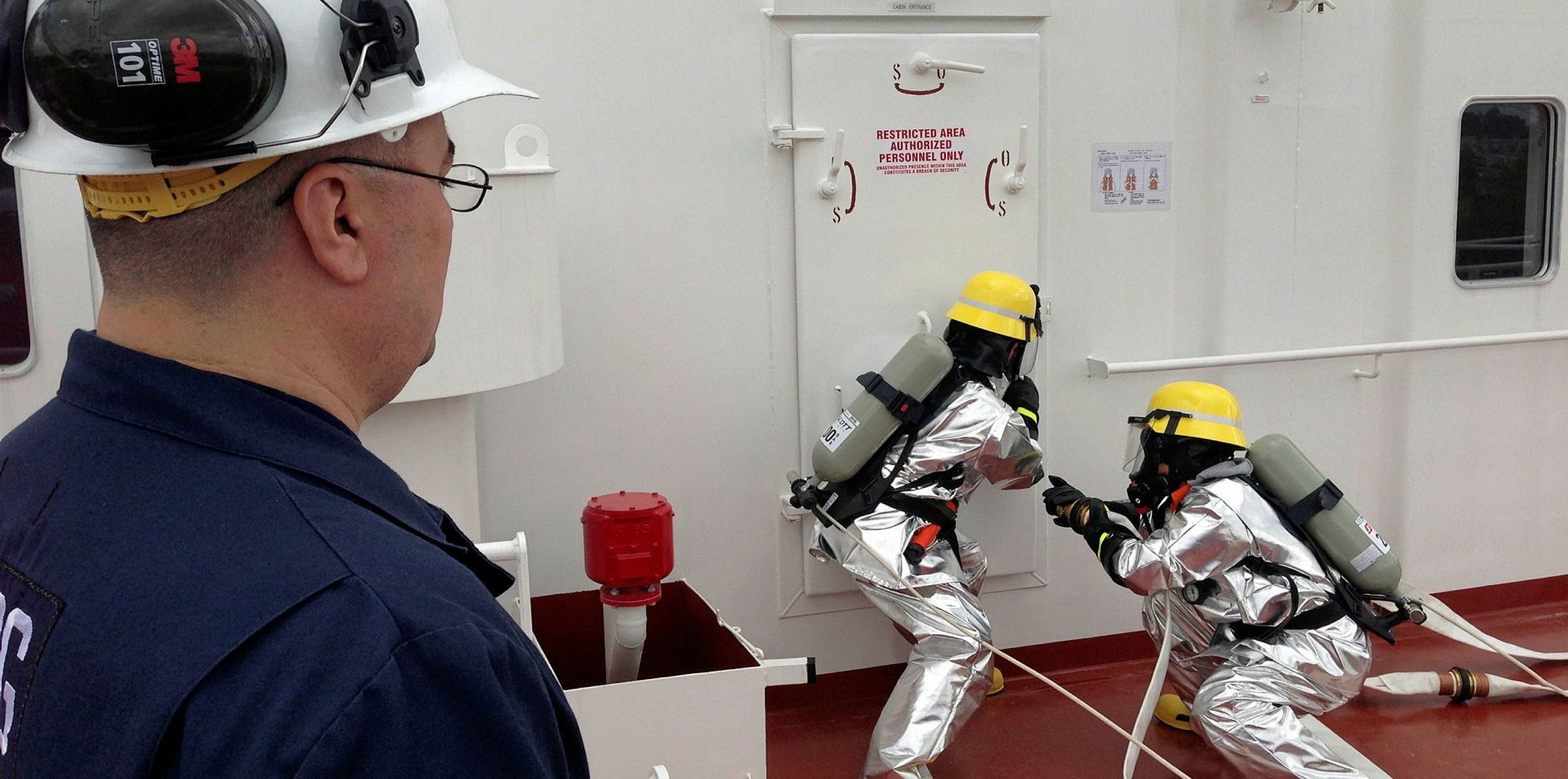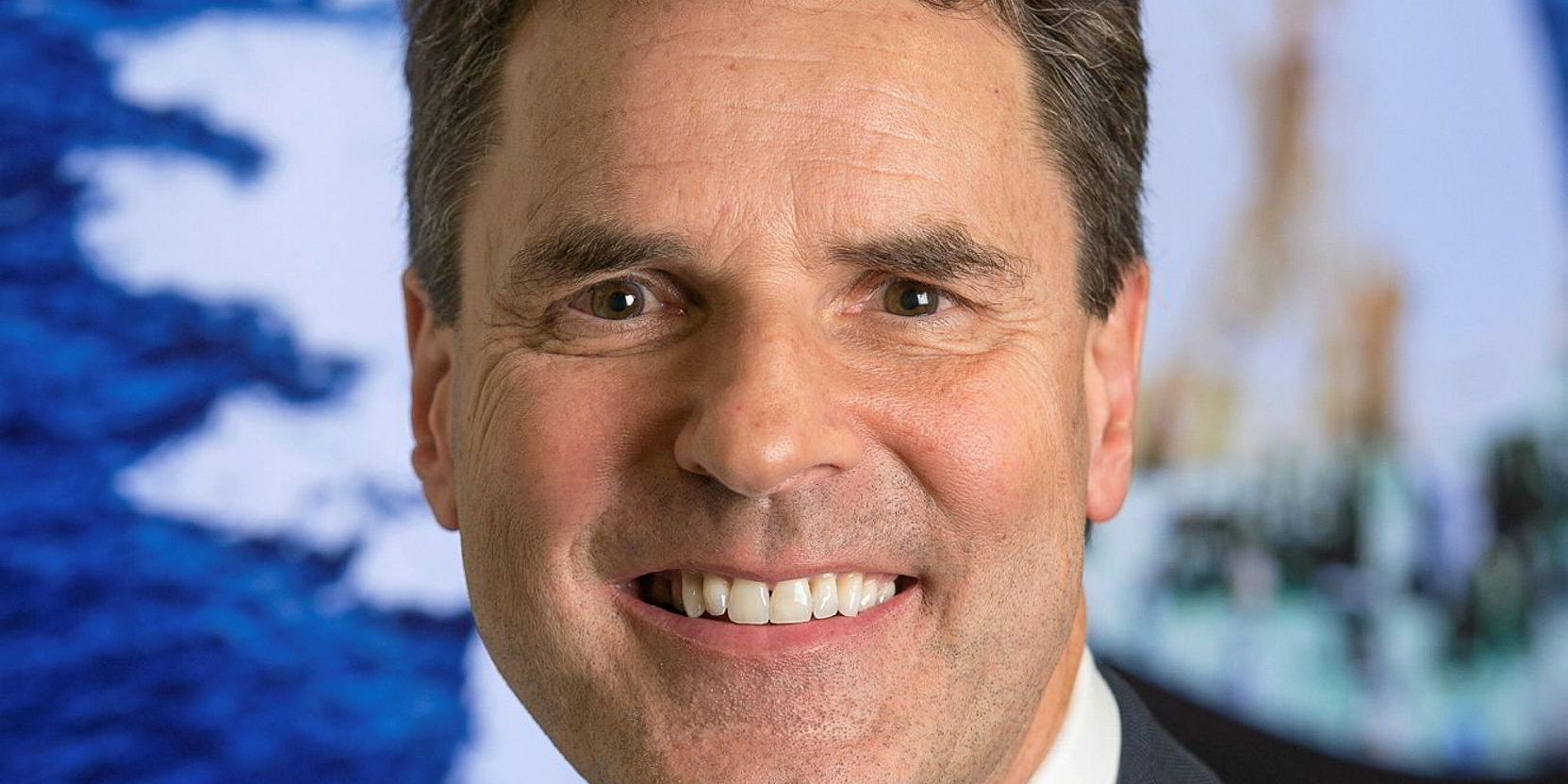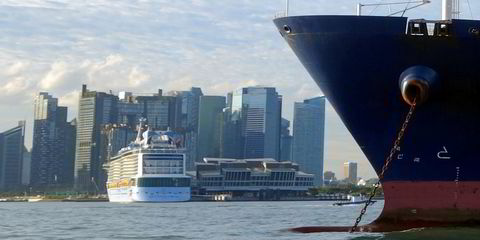A fresh approach to solving crew fatigue problems that date back to “Noah’s time” will be tested on a Shell tanker.
The Canary Sentinel and Workrest intelligent fatigue management platform won best new solution in an Open Innovation Challenge organised by Shell Shipping & Maritime, satellite communications giant Inmarsat and digital consultancy Thetius.
Of the 49 teams that entered the challenge, a shortlist of three pitched their solutions to a panel of judges, made up largely of seafarers.
At stake was a £10,000 ($13,000) grant to fund proof-of-concept trials on a vessel supported by Shell Shipping and Inmarsat.
The winning pitch dealt with “a problem that has been around since Noah started putting animals on a vessel two by two”, said David Cudbertson, manager of fleet operations at Shell, and a former seafarer.
The winning entry sought to tackle seafarer fatigue, which is often caused by disturbances to supposed rest periods when crew are working a watch rota of four hours on and eight hours off.
Digitalisation has dramatically changed how vessels are operated in recent years, but welfare has not really changed, Cudbertson told TradeWinds.
Inmarsat digital innovation partnerships lead Clara Wahnich said: “We see crew welfare and safety as part of our DNA — that’s where we started.
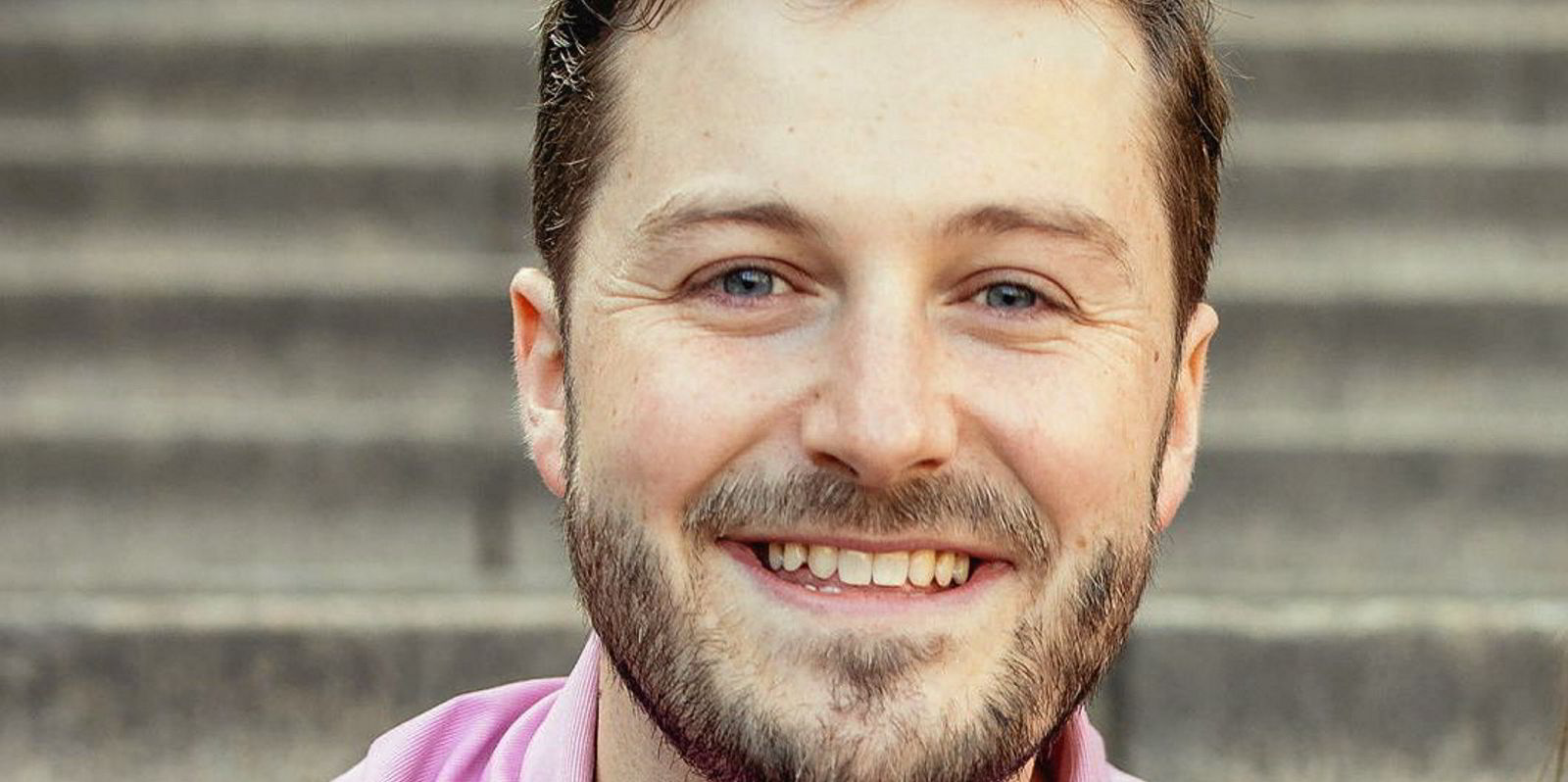
“In parallel with the pandemic, we saw that crew welfare was becoming more front of mind, but we also had evidence that it was not front of pocket.”
Earlier this year, Inmarsat and Thetius produced a report, Welfare 2.0, which showed that crew welfare solutions were getting four times less investment than technical innovations for vessel performance.
The author, Thetius managing director Nick Chubb, will present the prize to the winners.
The challenge set out to find ways of boosting investment in crew welfare, with Shell Digital Ventures maritime lead Richard Holdsworth describing the collaboration between the three companies as “a meeting of minds”.
The winner, a joint proposal by Canary Sentinel and Workrest, aims to develop an intelligent rostering system that monitors fatigue factors for seafarers and creates working schedules, to reduce fatigue and improve safety and crew welfare. It will use a health-monitoring app similar to that on an Apple Watch.
Cudbertson said Shell has tried many ways of changing duty rosters to support seafarers, but one of the changes adopted by some operators — working six hours on and six hours off — has been found to cause more fatigue.
Until now, there has been no data to determine what system might work best, and he added that no one fully understands the effect on crew safety of disturbing rest periods.
Also of concern was a need to ensure the technology did not cost too much, and that it could be easily implemented on board ships in the near future.
Holdsworth said the judging by seafarers, some of them doing so from on board ships, helped elicit the best solution.
“Some of their insights were really interesting,” he said. “It is quite easy to do this kind of thing and inflict something [unwanted] on the poor guys at sea.”
The number of applications and start-ups coming from outside shipping, as well as the quality of ideas, impressed the organisers of the Open Innovation Challenge.
“Many of the solutions were really good and I would have liked to explore and take them forward, but they were really only at the ideas stage, so hopefully they will take the feedback we can give them to help them grow their solutions,” Shell’s David Cudbertson said.
Inmarsat’s Clara Wahnich said: “The number of applications was a surprise. Some were very early ideas and others more mature, but there was a lot of creativity. There is a good pipeline of other solutions that Inmarsat plans to engage with at a later stage.”
Richard Holdsworth of Shell Digital Ventures said: “We were looking for start-ups where we could do something in the near term because there can be a danger with some fantastic ideas that, with the practicalities of running a trial on ships, you think: ‘Oh man, this is never going to work’.”
He added that Shell would have been happy to take up any of the three finalists’ proposals.
The runners-up were Kaiko Systems’ “guided survey tool” for reliable and faster data collection to enable standard survey routines, and the MedAssist online tool to deliver step-by-step medical help and training to seafarers remotely.
Wahnich said the validation from Shell was useful for Inmarsat, bringing insight into the needs of users and seafarers. Many of the proposals came from start-ups outside the maritime sphere, with Canary Sentinel an example from the aviation and wind-energy sectors.
